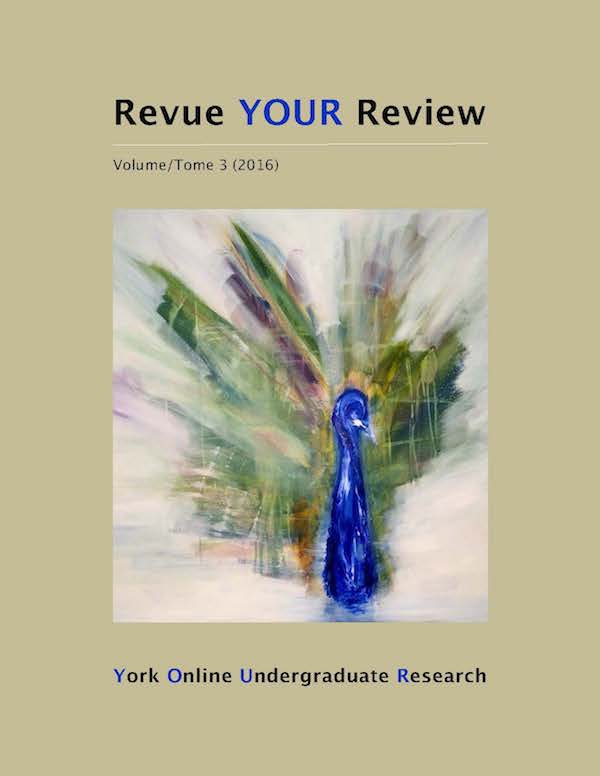#OccupyGezi: On Twitter and Affective News
Mots-clés :
affect, citizen journalism, social media, social movements, Turkey, TwitterRésumé
On the dawn of May 31, 2013, Istanbul’s riot police raided Gezi, a park recently occupied by activists standing against the threat of its destruction. On social media, pictures of the bloody police intervention went viral, sparking outrage and a political momentum that materialized throughout the country in the form of protests against the national government. Taking as a point of departure my personal experience of the events, this essay examines the use and effects of Twitter in the context of particular forms of civilian protests. In particular, I suggest that such tweets may contribute to the development of an affective environment that can foster a collective sense of belonging, association, and shared experience. First, I discuss media censorship of the initial protest in Istanbul. I then proceed with a discussion of the affective connotations of the messages and photographs shared on Twitter. In this regard, I also bring forward the cultural concept of “martyrdom” as a helpful analytical tool to explore these issues.
Oppression creates the need and demand for recognition.
— Halverson, Ruston, & Trethewey (2013, p. 321)
Téléchargements
Comment citer
Numéro
Rubrique
Licence
Les auteurs qui contribuent à la Revue YOUR Review acceptent de publier leurs articles selon une des trois catégories de la licence 4.0 : Creative Commons Attribution 4.0 International; Creative Commons Attribution-Pas d'Utilisation Commerciale 4.0 International; ou Creative Commons Attribution-Pas de Modification 4.0 International. Tout contenu éditorial de ce site ainsi que les affiches et les résumés sont sous la licence Creative Commons Attribution-Pas de Modification 4.0 International. Pour plus d’informations, veuillez voir :
https://creativecommons.org/licenses/
Dans tous les cas, les auteurs conservent leurs droits d’auteurs et concèdent à la Revue YOUR Review le droit de première publication. Les auteurs peuvent, par la suite, conclure d’autres accords de distribution non exclusifs de la version publiée dans ce périodique (par exemple, l’afficher à un dépôt institutionnel ou le publier dans un livre ou dans un autre périodique) à condition que la reconnaissance fasse mention de la publication originale dans la Revue YOUR Review.


